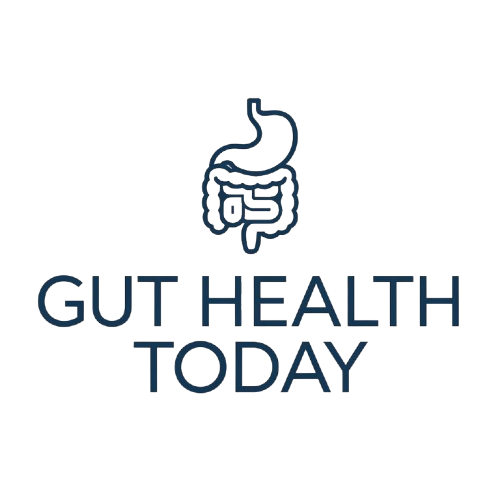Post From www.gutmicrobiotaforhealth.com Date 2024-08-21 08:28:19
Before birth, a baby’s intestines have not yet been colonized by bacteria. The main transfer of microorganisms from the mother occurs during childbirth through the vaginal microbiome. This initial colony of microbes is then expanded through the baby’s skin contact with the mother and breastfeeding, which provides both beneficial microorganisms and their favorite food.
However, recent international research led by the Universities of Wageningen, Helsinki, and Trento, with the participation of Pompeu Fabra University in Barcelona and published in the journal Cell Host & Microbe, has shown that the father also contributes to establish the baby’s microbiome during the first year of life.
To reach this conclusion, researchers compared the fecal microbiomes of 21 babies born by cesarean section and 53 born vaginally with those of their mothers and fathers over the course of a year. The results showed that many of the strains found in babies at three weeks, three months, and 12 months came from the father rather than the mother. In fact, by the time the baby is one year old, their microbiota is equally derived from both parents.
Additionally, in children born by cesarean section, the father’s microbiome contributes some bacteria that the mother loses due to antibiotic treatment. Among these are strains of Bifidobacterium longum, which help digest oligosaccharides in breast milk, a type of carbohydrate responsible for the microbiome of breastfed babies being rich in bifidobacteria.
“This study provides significant insight into how a newborn is colonized,” says Willem M. de Vos, professor of microbiology at Wageningen University and the University of Helsinki, and the study’s lead author. “The role of the father may be small, but it is not to be neglected. It is likely that the same holds for others who have close contact with the newborn.” he adds.
In this regard, Mireia Vallès Colomer, co-author of the study, is researching the broad transmission of the microbiome among adults in close social contact. The fact that this also occurs in newborns in proximity to their parents “is especially important for babies born by cesarean section,” according to the researcher from Pompeu Fabra University.
Furthermore, the study also confirms the effectiveness of fecal microbiota transfer (FMT) in babies born by cesarean section to restore the proper establishment of microorganisms. Numerous previous studies had noted that babies born by cesarean section have a different gut microbiome from those born vaginally because they are not exposed to maternal bacteria during childbirth. This different composition increased the risk of these children developing immune diseases such as allergies or asthma, as well as obesity, later in life. In this context, the researchers believe that FMT using the mother’s feces could help restore proper colonization early in life and could provide a microbial composition more similar to that of vaginally born babies. However, these results are not yet ready for clinical application and need to be confirmed in larger studies.
The father’s microbiota also affects pregnancy outcome in mice
In addition to father-to-child transfer of microorganisms taking place after birth, recent evidence also suggests a role for the fathers gut microbiome even before conception. According to a study in mice, conducted by various international groups at the European Molecular Biology Laboratory (EMBL), disturbing the fathers gut microbiota before conception will affect offspring’s health.
The researchers altered the composition of the gut microbiome in male mice by treating them with antibiotics that did not enter the bloodstream, leading to gut dysbiosis (an imbalance in the microbial ecosystem). They then analyzed changes in the composition of important metabolites or molecules secreted by bacteria that are involved in testicular function and discovered that dysbiosis affects both the physiology and hormonal function of the testes. Sperm from antibiotics treated mice negatively impacted placental development, leading to restricted growth of mouse offspring being born underweight and dying prematurely. According to Jamie Hackett, the project coordinator and group leader at EMBL Rome, this “demonstrates the existence of a channel of communication between the gut microbiota and the reproductive system in mammals.”
Although the researchers stress that further studies are necessary to determine the relevance of these effects in humans, they believe it is important to consider paternal effects on future generations, especially in Western cultures, where dietary patterns and antibiotic use alter the gut microbiome.
References:
Dubois L, Vallès-Colomer M, Ponsero A, et al. Paternal and induced gut microbiota seeding complement mother-to-infant transmission. Cell Host Microbe. 2024; 32(6):1011-1024.e4. doi: 10.1016/j.chom.2024.05.004.
Argaw-Denbota A, Schmidt TSB, Di Giacomo M, et al. Paternal microbiome perturbations impact offspring fitness. Nature. 2024; 629(8012):652-659. doi: 10.1038/s41586-024-07336-w.















